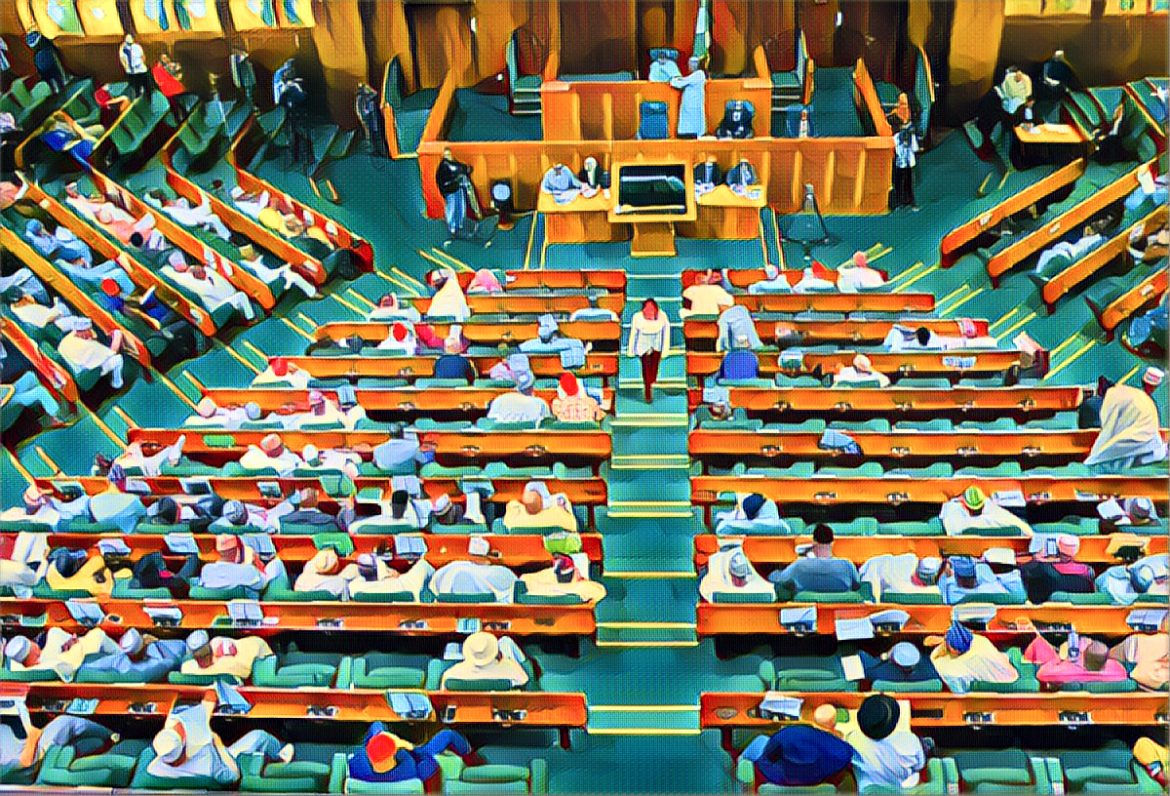A group of approximately thirty-five members of the House of Representatives in Nigeria has proposed a significant change to the country’s presidential term structure. They advocate for a single six-year term for the presidency, rather than the current system that allows for reelection. This proposal was announced during a press conference in Abuja.
In addition to the change in the duration of the presidential term, the lawmakers are also pushing for a constitutional amendment that would enable the rotation of the presidency among Nigeria’s six geo-political zones. This proposal is aimed at promoting fairness and unity across the diverse regions of the country, potentially easing regional tensions and fostering national cohesion.
Furthermore, the lawmakers suggest similar term adjustments for state governors throughout Nigeria, aligning them with the proposed single six-year term for the presidency. This uniformity is believed to streamline governance and reduce the frequent political upheavals associated with election cycles.
Speaking on behalf of the group, Ikenga Ugochinyere, representing the Ideato South/Ideato North Federal Constituency of Imo State, highlighted the benefits envisioned by this legislative proposal. He emphasized that reducing the number of elections would lead to substantial cost savings for the government. Additionally, Ugochinyere argued that such a change would increase governmental efficiency and stability throughout the nation by eliminating the distractions and disruptions often caused by recurrent electoral campaigns.
If ratified, this proposal would necessitate amendments to the 1999 Constitution. These amendments are seen as paving the way for a more balanced political environment, where every region gets the opportunity to lead the nation, thereby diminishing the intense competition and conflict that can arise from repeated terms and regional favoritism.
The call for constitutional amendments also reflects a growing desire among many Nigerian politicians and citizens for a governance structure that is more conducive to long-term planning and less susceptible to corruption and inefficiency linked to the electoral process.
The proposal from the House of Representatives marks a crucial step towards redefining political leadership in Nigeria, as the country continues to grapple with challenges of governance, economic disparities, and regional inequalities. The suggested changes aim to create a more stable and equitable system that might lead to better governance and a stronger, more united Nigeria.


